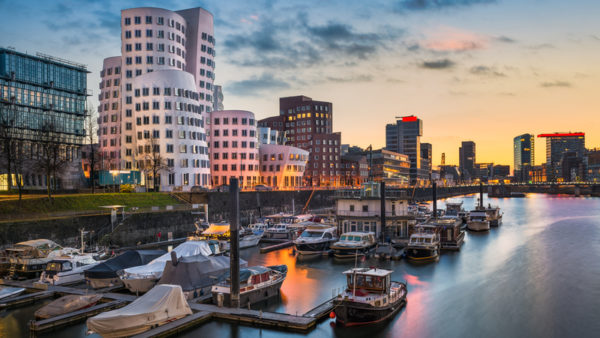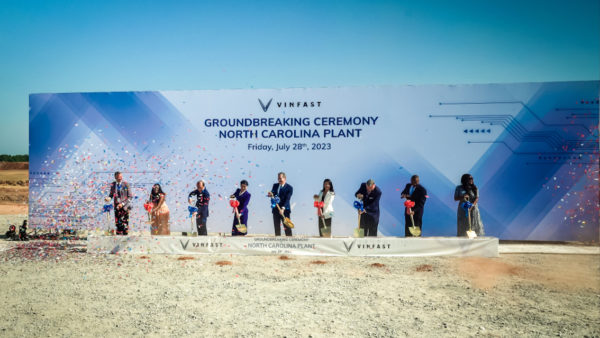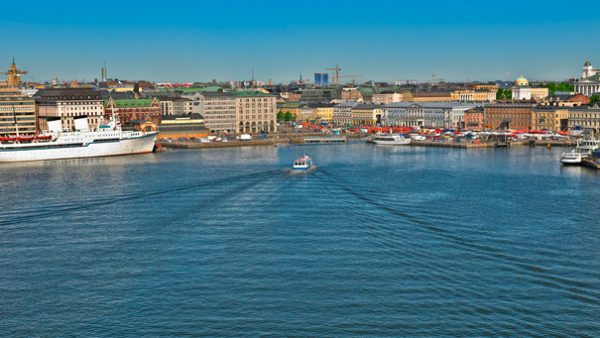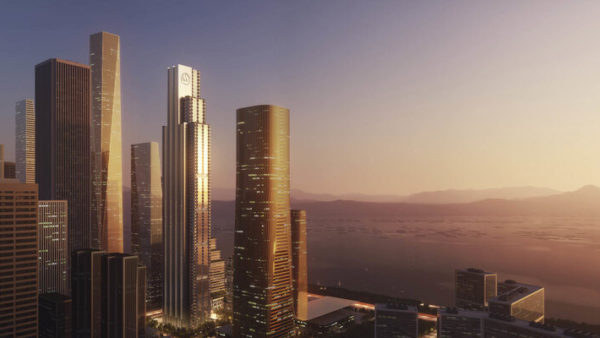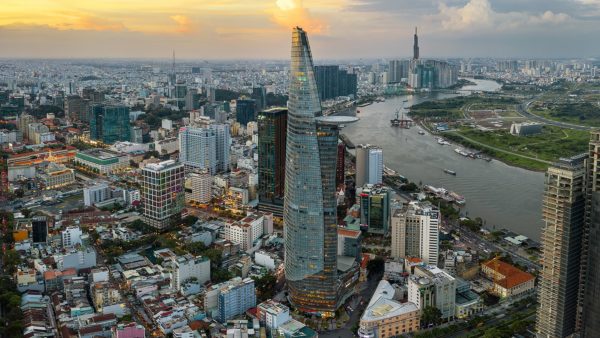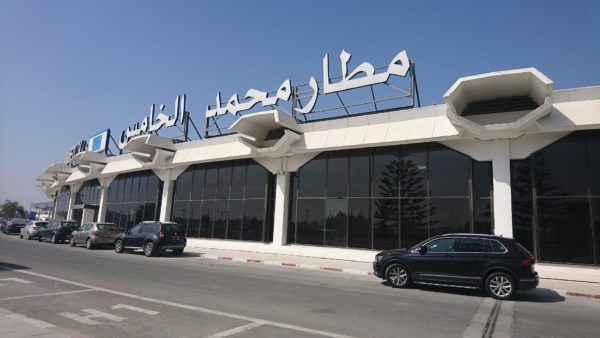As leaders from Russia, France, Germany and Ukraine were preparing to meet in Minsk for crunch talks on the war in eastern Ukraine, Belarusian president Alexander Lukashenko was urging that efforts be stepped up to implement a $2bn industrial park planned near the city, funded mostly by Chinese companies.
"When will we start to build hi-tech facilities that will have an impact on the image of the Belarusian economy there?" Lukashenko (pictured) asked after hearing a progress report on 10 February, reported the Belarusian news agency BeITA.
As relations between his country and its much larger neighbour, Russia, have become strained over the Ukraine crisis, Lukashenko has been emphasising the importance of growing trade ties to China. Key to those ties is the industrial park.
"The project means billions that China is interested in," he said in January. "In particular, China is interested in the construction of state-of-the-art enterprises over there and it means billions in revenues for Belarus. If we implement the project, we will have no problems with the gold and foreign exchange reserves or with supporting the exchange rate of the national currency."
Lukashenko has called China-Belarus Industrial Park the country’s most important joint project and wants to speed up construction ahead of a visit from Chinese president Xi Jinping in May. He has instructed the head of the Belarus President Administration, Alexander Kosinets, to take control over construction of the park, and over Chinese-Belarusian relations in general.
The 8,000-ha park will be located in the Smolevichi district in the Minsk region, and is projected to cost approximately $2bn, Belarusian media have reported. Of that, $1.5bn is expected to come from Chinese investors. Participating companies are reported to include the conglomerate China National Machinery Industry Corp (Sinomach), and telecoms manufacturer ZTE Corporation.
Belarus has said that enterprises in machine building, chemistry, pharmaceuticals, electronics, and communications could be accommodated at the new park.
During 2014 relations with Russia became strained over the Ukraine crisis. Belarus refused to join countersanctions by Russia against the West, and then Russia temporarily banned meat imports from Belarus, blaming safety standard non-compliance.
In January Belarus introduced a new law warning that the appearance of any foreign fighters on its territory would be viewed as an act of aggression even if they could not be identified as regular troops.
Photograph: Belarusian president Alexander Lukashenko in July 2014 (Okras/Wikimedia Commons)





